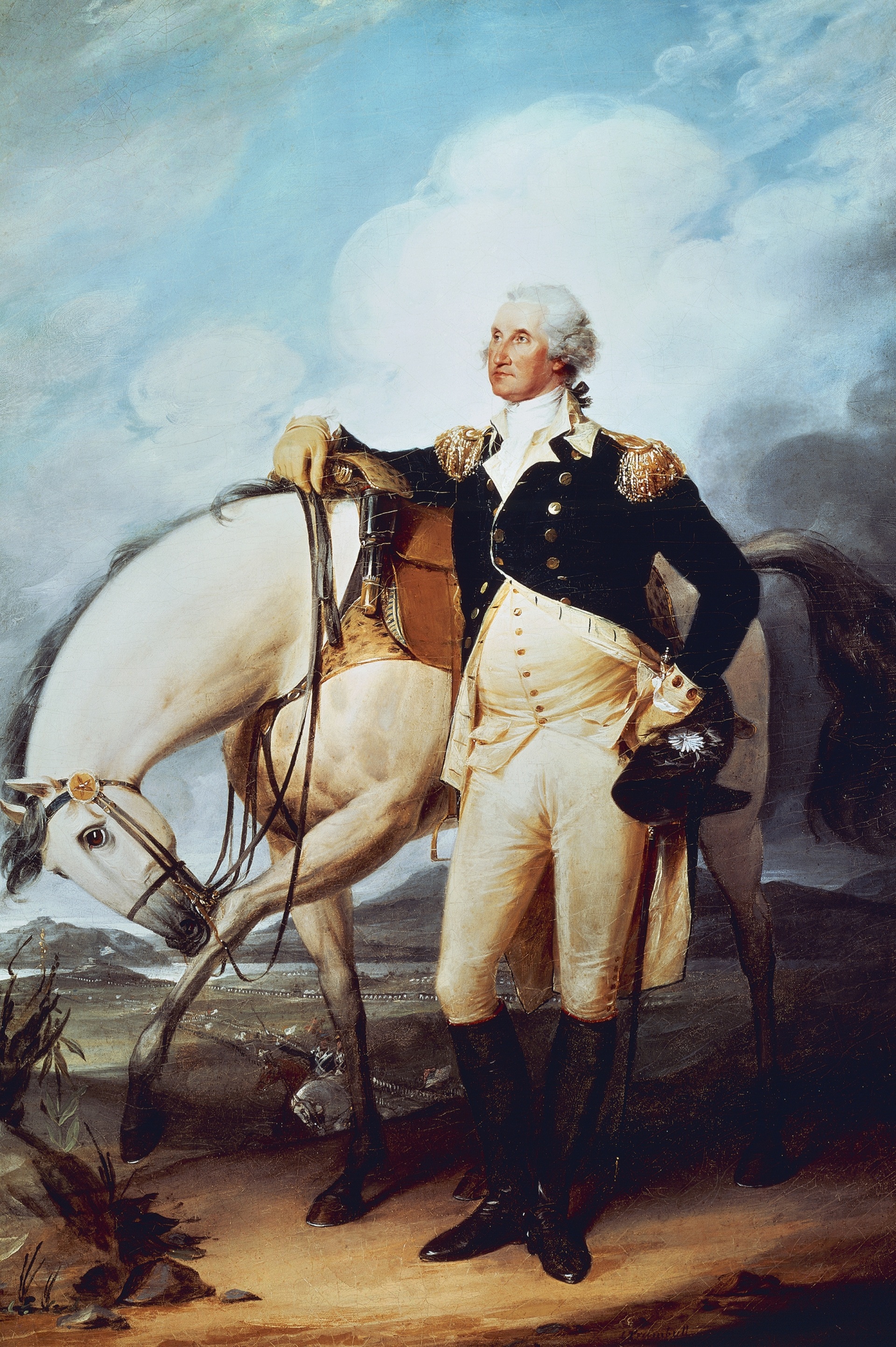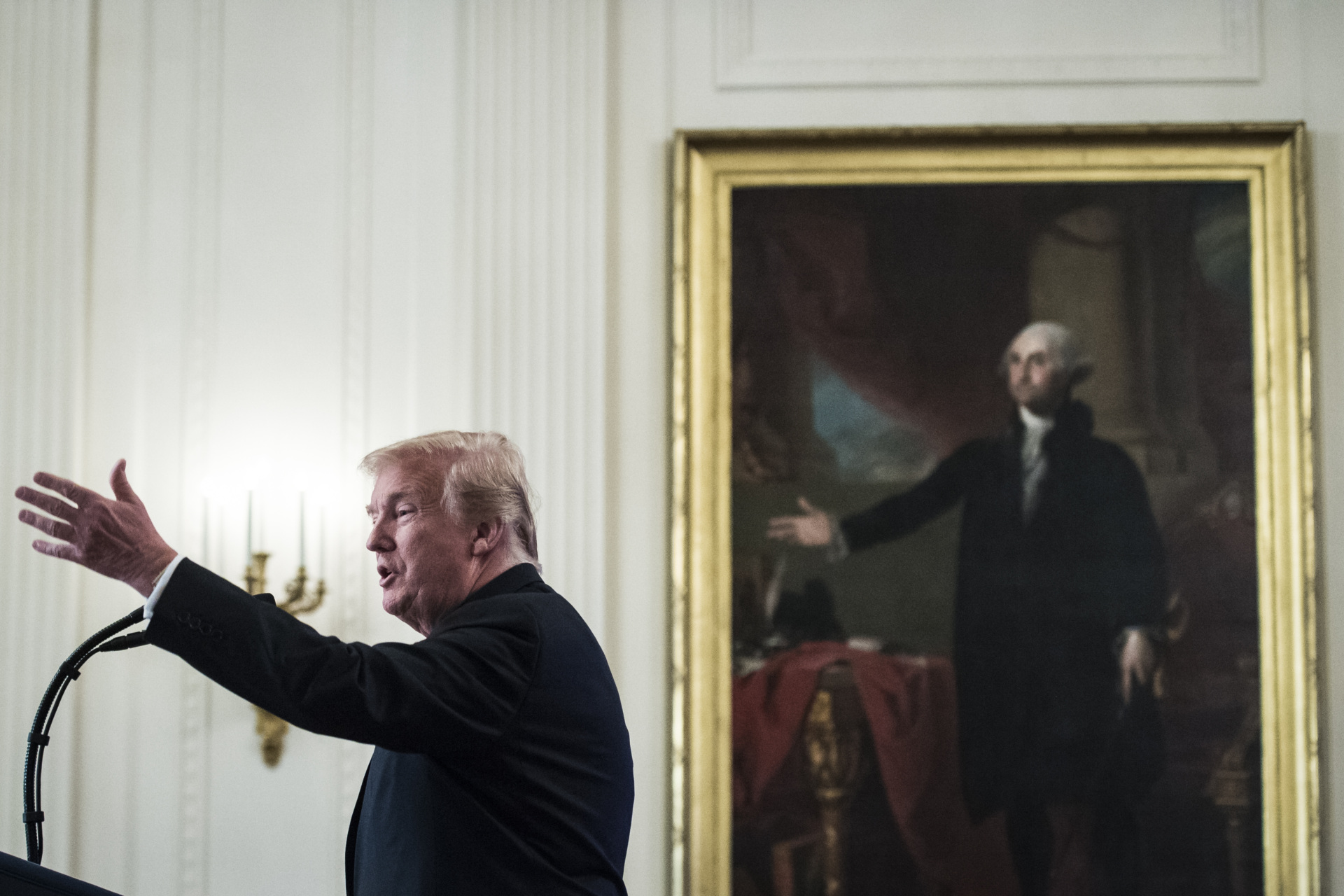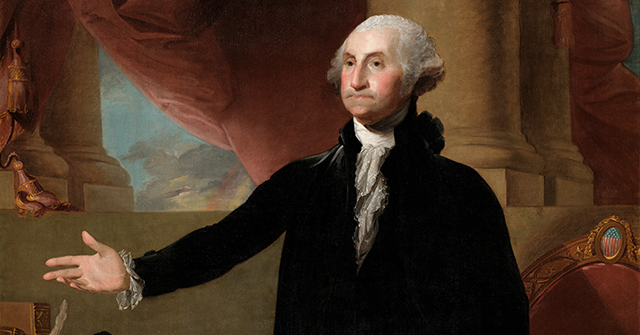We shouldn’t blame the mattress-sellers—they’re just trying to make a buck. Instead, blame those in Congress who, a half-century ago, drained away the meaning of the holiday which had been George Washington’s Birthday, turning it into the generic and lame “President’s Day.” Today, it seems to benefit, most of all, non-essential federal workers.
Happily, what’s done can be undone. President Trump, the 47th President, has the power to declare that the birthday of the 1st President, which falls on February 22, should once again be a holiday.
But for now, let’s ask ourselves: Do we really want to celebrate a generic “President’s Day”? By the way, there is not even a consensus about where the apostrophe goes in this holiday. Is it President’s Day, Presidents’ Day, or Presidents Day? Which begs the question — what president(s) are we celebrating?
Should we celebrate, for instance, Joe Biden? Or his seeming twin from decades earlier, Jimmy Carter? In the last 236 years, we’ve had plenty of good presidents, some bad ones, but only a few greats. One of those was George Washington (1732-1799).
Indeed, for those who love this country, it’s hard to say enough good things about the man who, more than any other single individual, not only made this country possible, but defined it as a limited-government democratic republic. Surely General Henry “Lighthorse Harry” Lee III, a comrade from the Revolutionary War (and father of Robert E. Lee), summed our first president up best when he eulogized Washington as, “First in war, first in peace, first in the hearts of his fellow citizens.”
It was great enough that Washington commanded the patriotic armed forces during the Revolution. But just as great was his modesty thereafter. Upon the signing of a peace treaty with Britain assuring American independence, General Washington resigned his military commission on December 23, 1783, declaring:
I consider it an indispensable duty to close this last solemn act of my Official life, by commending the Interests of our dearest Country to the protection of Almighty God, and those who have the superintendence of them, to His holy keeping.
Washington’s intention was to follow the path of Cincinnatus, the noblest of the ancient Roman republicans, who led his country’s army to triumph and then retired to his farm, foreswearing pomp and power.

Portrait of George Washington (1732-1799) following the victory at Yorktown, October 19, 1781. Painting by John Trumbull (1756-1843). (DeAgostini/Getty Images)
So, the American Revolution avoided the fate of so many other military victories, after which the lead victor claimed for himself the trophy of dictatorship. The following year, an admiring Thomas Jefferson wrote of Washington’s forebearance, “The moderation and virtue of a single character has probably prevented this revolution from being closed as most others have been by a subversion of that liberty it was intended to establish.”
In fact, Washington did not get to spend much time at his beloved estate, Mount Vernon. In 1787, the pleas of his countrymen summoned him to duty one again, chairing the Constitutional Convention. There, in Philadelphia, his presence helped steady James Madison and the other Framers as they drafted an effective guiding document for the republic.
After that, Fate or Providence once again pulled Washington away from farming. By a unanimous vote in the electoral college, he was elected to the presidency.
To be sure, it was a great honor, but it was even more work. Literally every detail of the new institution had to be figured out. For instance, there was question of how to properly refer to the new chief executive. Back in those days, people were used to thinking of a head of state as “Your Highness” or “Your Excellency.” Many American thought such titles were inappropriate for the new republic; after all, the Constitution forbids titles of nobility.
On the other hand, some, including the first Vice President, John Adams, argued that if the American head of state didn’t have an exalted title, he wouldn’t be taken seriously by foreign leaders.
The matter was for Washington to decide. He would just be, he said, simply addressed as “Mr. President.” (Only with the passing of time, and the strengthening of America, would that be seen as the greatest title of all.) And all the other basics, too, had to be figured out: How the President would interact with Congress, with his Cabinet, and so on — each determination a vital precedent. We owe all this, as well, to Washington.
Washington was re-elected in 1792, once again unanimously. Then at the end of that second term, the key question: What would Washington wish to do?
Here again, some wondered: Had eight years as Commander-in-Chief gone to Washington’s head? Might he choose to be President for Life? Might this infant republic yet degenerate into a personality cult?
But there was no need to worry because Washington, deemed by his fellow Americans to be the Indispensable Man, did not see himself in those terms. He was just a public servant, setting a good example for future public servants.
In 1796, Washington issued his Farewell Address–and this time he made it stick. It as time to go home and stay home. Every year since, it’s been the honor of a U.S. Senator to read it aloud in the Senate chamber.
Quite rightly, Congress made Washington’s birthday an official holiday in 1879, and then quite wrongly, un-made it in 1968, enacting the Uniform Monday Holidays Act, sweeping several holidays into Mondays.
This was done mostly for the benefit of those who wanted to turn a holiday into a three-day weekend, and that’s nice—but it’s not the point of holidays. Holidays are for commemoration, not vacation.
Happily, Trump believes in the proper remembering of history. In his first term, he established the 1776 Commission to inspire Americans to think about the first principles that had inspired Washington, Jefferson, Adams, Madison, and all the rest. In its magnificent final report, the Commission focused on the sharing of that history: “A wholesome education also passes on the stories of great Americans from the past who have contributed their genius, sacrifices, and lives to build and preserve this nation.”
Unsurprisingly, the Commission heralded one historical figure in particular:
An authentic civics education will help rebuild our common bonds, our mutual friendship, and our civic devotion. But we cannot love what we do not know. This is why civics education, education relating to the citizen, must begin with knowledge, which is, as George Washington reminds us, “the surest basis of public happiness.”
Needless to say, the Commission’s report was not without controversy. It was condemned, for instance, by the oh-so-woke American Historical Association (AHA), and then the Biden administration disbanded the Commission altogether. Since then, the AHA has since busied itself with condemnations of Israel, and we know about the ignominy of Biden and the Bidenites.
Yet now Trump has revived the 1776 Commission, and we can assume that the AHA will once again be in full lather. Even if MSNBC got there first—it’s already foaming.

President Donald J. Trump gestures as he speaks in front of a painting of George Washington in the East Room of the White House on July 19, 2018, in Washington, DC. (Jabin Botsford/The Washington Post via Getty Images)
So, yes, we should hope that President Trump sees fit to revive the holiday of George Washington’s Birthday. After all, in a strong MAGA economy, mattress sales and everything else will do fine without the day.
Moreover, we have other sacred moments to look forward to. Notably, next year, there’s the celebration of America’s 250th Birthday.
And then, down the road a ways, there’s Washington’s 300th birthday, coming on February 22, 2032. Back in 1932, the bicentennial was great, but we can make the tricentennial even greater.
Breitbart News
Read the full article .


